Biophytis presented its Phase 2-3 COVA study results in severe forms of Covid-19 at the WCID in Paris
Biophytis presented the roll-out and results of its phase 2/3 COVA study in the treatment of severe forms of Covid-19 at the 6th edition of the World Congress on Infectious Diseases, held from June 24 to 26, 2024 in Paris, France.
Professor Valerie Pourcher MD, PhD, Chaiman of the Infectious Diseases department at Pitié Salpetriere, presented the COVA phase 2/3 clincial study results in a context where the number of Covid cases rises again. Dr. Claudia Ferreira MD, PhD, Medical Director at Biophytis, opened the conference with a keynote presentation on the risk of infectious diseases and further pandemic developments associated with the Paris Olympic games including an increase of +52 % in emergency room (ER) visits due to SARS-CoV-2 on the week of 10-17 June 2024 in France. She also chaired several roundtables.
Valerie Pourcher detailed the results of the randomised, placebo-controlled Phase 2/3 COVA study and the efficacy of oral BIO101 (20-hydroxyecdysone) administered orally in adult patients hospitalised for severe forms of COVID-19.
The results of this phase 2-3 study, evaluating BIO101 in the treatment of severe hospitalised COVID-19 patients, are positive and show, in addition to a very good safety profile, a statistically significant reduction in the relative risk of early respiratory failure or death of 43.8% and a 44.6% reduction in the death rate over 90 days.
Stanislas Veillet, CEO of Biophytis, stated: “The Covid pandemic is far from over: according to the World Health Organization, 134,797 new cases of Covid-19 and 1,691 deaths have been reported worldwide in the last 28 days as of June 9 – a figure that is underestimated due to under-reporting. Our COVA program, which showedverypositiveresullts,positionsBIO101(20-hydroxyecdysone)asaleading drugcandidateforsevere forms of Covid-19, particularly in elderly patients with co-morbidities, that is independent of the SARS-COV2 strain.”
The poster presented at the Congress, which details the objectives, the design and the results of the study, can be viewed by clicking on this link.

